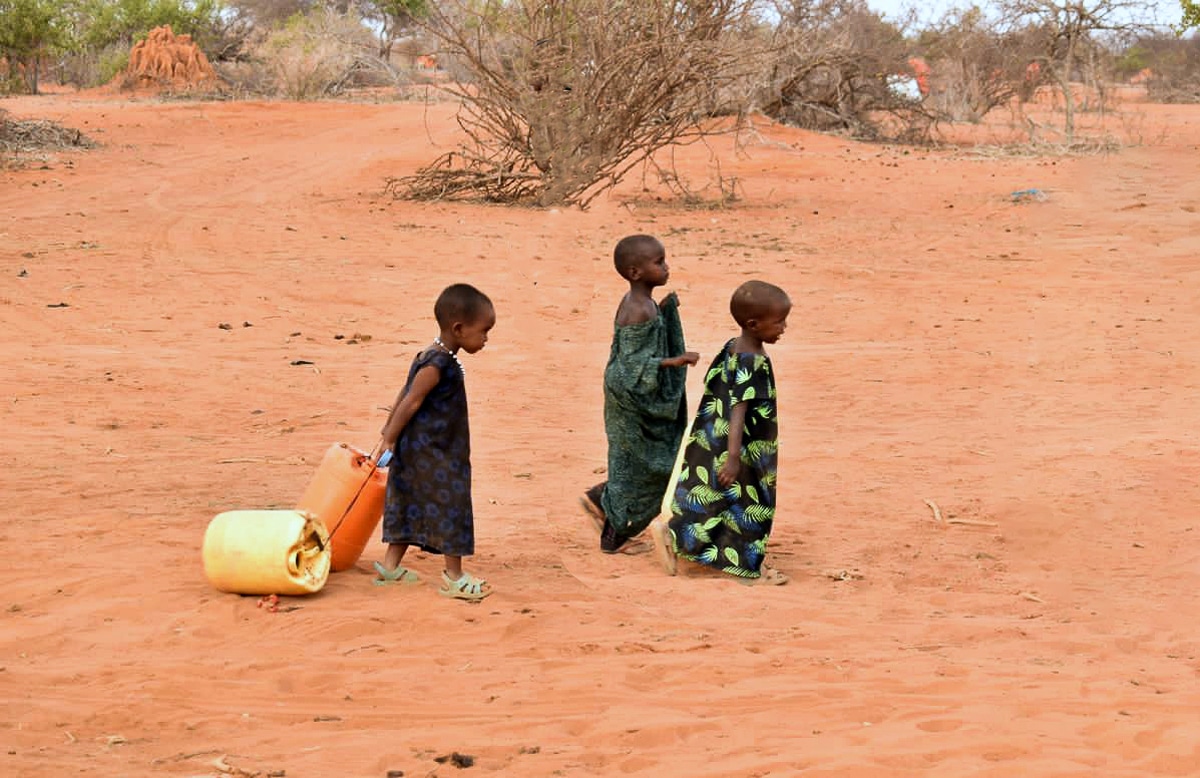
The global water crisis is a pressing issue affecting communities worldwide. As water scarcity and contamination continue to rise, it is crucial to address this global water crisis promptly.
With growing populations and increasing demands for freshwater, the need for sustainable water management and conservation has become paramount. In this article, we will explore the intricacies of the global water crisis, shed light on its impacts, and discuss potential solutions. Join us on this journey to understand the gravity of the issue and discover how we can make a difference.
The Global Water Crisis: An Overview
The global water crisis refers to the widespread scarcity of clean, safe, and accessible water for human consumption, sanitation, and agriculture. With a rapidly growing global population, increasing industrialization, and climate change-induced alterations in rainfall patterns, the demand for water has surged while water resources are depleting at an alarming rate.
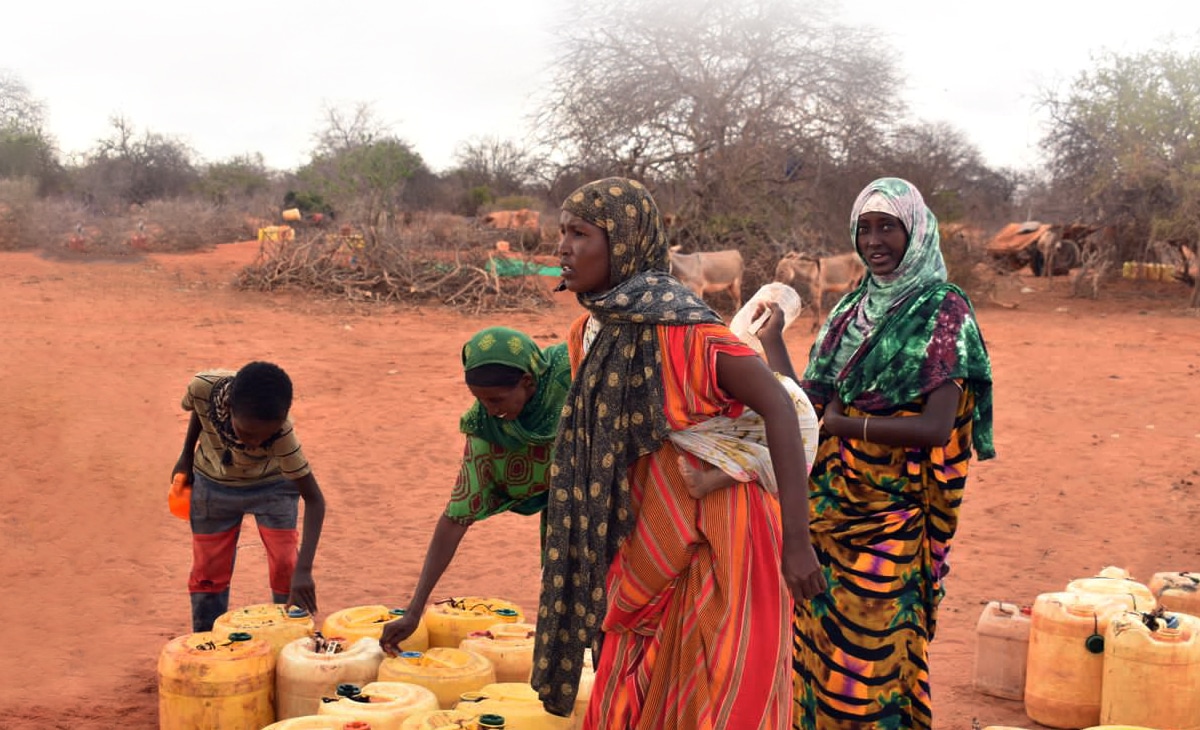
Water Scarcity and Access to Clean Water
One of the primary aspects of the global water crisis is water scarcity, which affects billions of people worldwide. In many regions, individuals struggle to access sufficient quantities of clean water for their daily needs. Lack of access to clean water not only hampers personal hygiene but also leads to the spread of waterborne diseases, affecting vulnerable communities disproportionately.
Water scarcity arises due to various factors such as limited freshwater resources, inadequate infrastructure for water supply and sanitadisproportionatelyistribution of water. The situation is further exacerbated by climate change, which alters rainfall patterns, leading to droughts in some regions and floods in others. The consequences of water scarcity are dire, impacting health, food security, and economic development.
Water Security: A Comprehensive Approach
Water security entails ensuring reliable access to clean water for all individuals. It encompasses availability, access, quality, and sustainability. Achieving water security requires holistic strategies that address the challenges of water scarcity, pollution, inefficient use, and inadequate infrastructure. By promoting water security, we can enhance the well-being and livelihoods of communities around the world.
Water security involves not only increasing the availability of water but also managing it sustainably. This includes investing in infrastructure for water supply and sanitation, improving water management practices, and promoting conservation and efficiency. Additionally, protecting water sources from pollution and contamination is essential to ensure the quality and safety of water supplies.
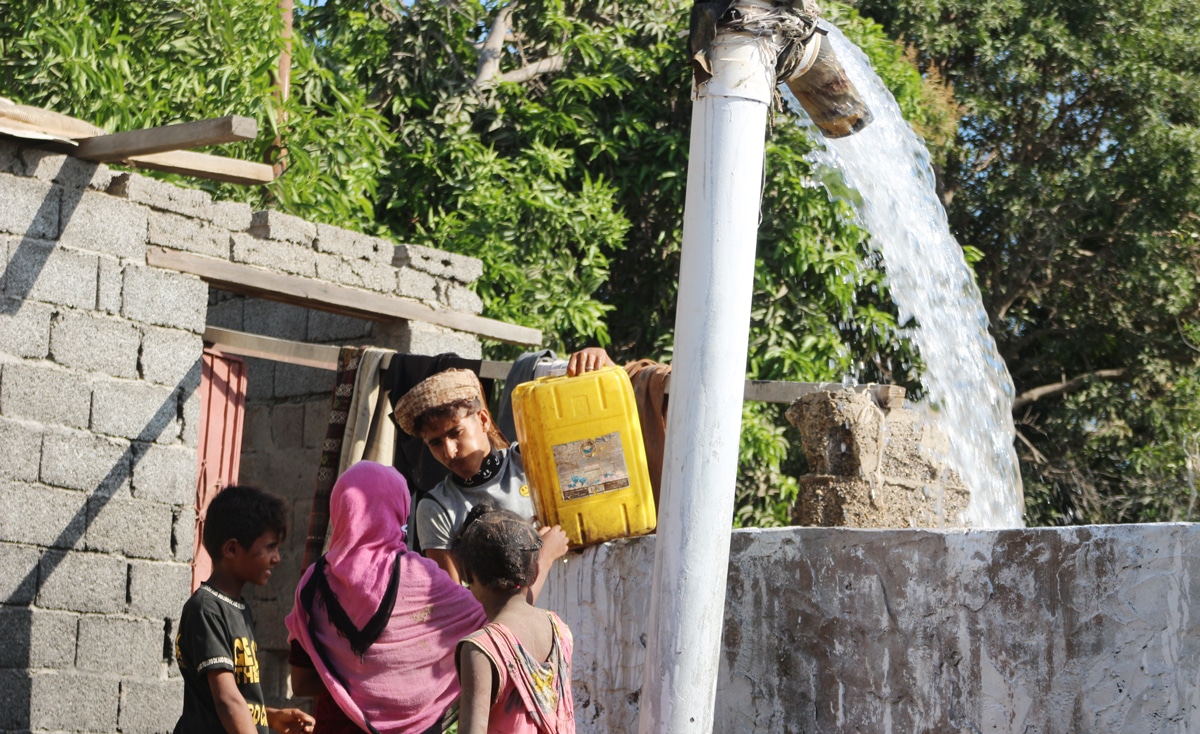
Impacts of the Global Water Crisis on Different Communities
The global water crisis affects various communities in distinct ways, amplifying existing social, economic, and environmental disparities. Let’s explore some of the key impacts faced by different regions:
Developing Countries and Marginalized Communities
Developing countries and marginalized communities bear the brunt of the global water crisis. Limited access to clean water leads to increased health risks, reduced agricultural productivity, and hindered economic development. Women and children often bear the responsibility of fetching water over long distances, depriving them of educational opportunities and perpetuating gender inequalities.
In many developing countries, the lack of access to clean water and proper sanitation facilities leads to high rates of waterborne diseases such as diarrhea, cholera, and typhoid fever. The burden of these diseases falls disproportionately on children, resulting in high mortality rates and hindered growth and development.
Furthermore, the scarcity of water affects agricultural practices, which form the backbone of many developing economies. Insufficient water for irrigation purposes leads to crop failure, reduced yields, and food insecurity. This, in turn, exacerbates poverty and increases the vulnerability of communities to hunger and malnutrition.
Urban Areas: Growing Demand and Inadequate Infrastructure
Urban areas face unique challenges due to rapid population growth, increasing water demand, and inadequate infrastructure. In many cities, aging water supply systems result in leakage and waste, exacerbating scarcity. Additionally, poor sanitation practices and inadequate wastewater management pose significant health risks and environmental concerns.
As urban populations continue to grow, the demand for water rises significantly. Cities must invest in infrastructure to expand water supply networks, improve sanitation facilities, and implement effective wastewater treatment systems. By doing so, urban areas can ensure access to clean water for their residents and protect the environment from the negative impacts of inadequate wastewater management.
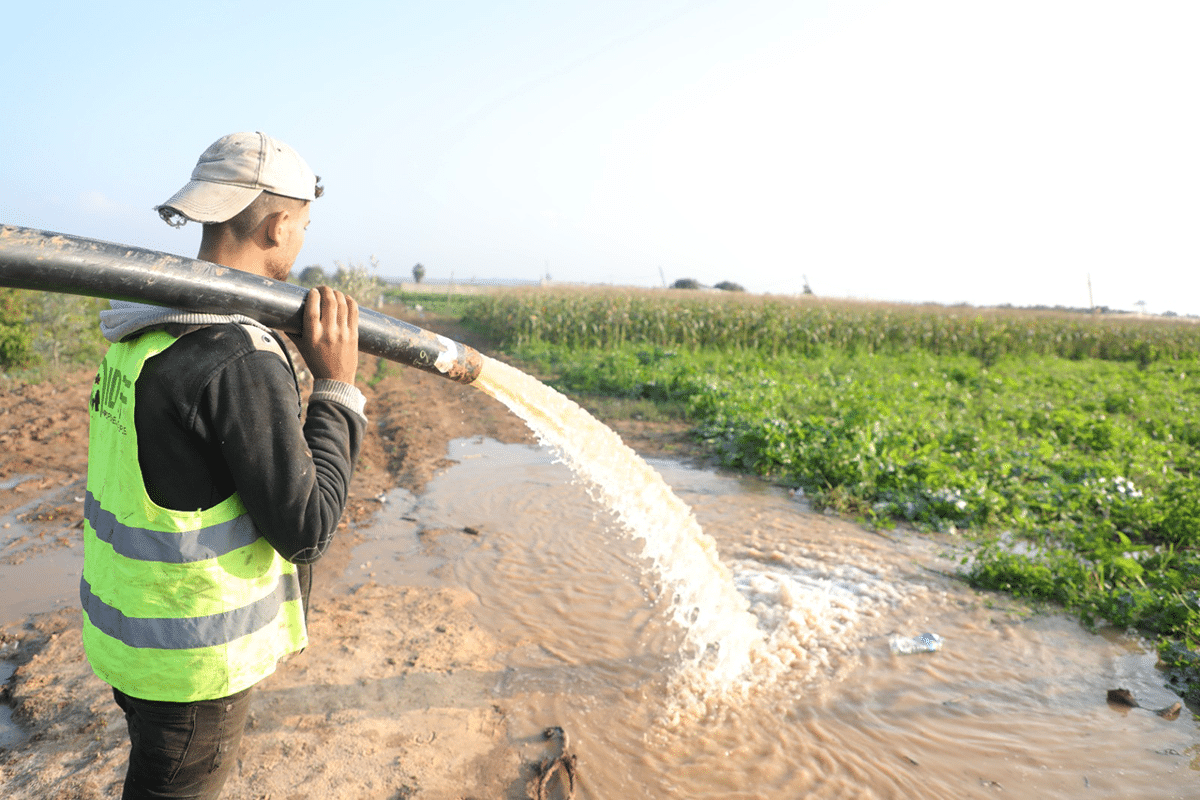
Agricultural Sector: Water for Food Production
The agricultural sector consumes the largest share of the world’s freshwater resources. However, inefficient irrigation techniques, water pollution from agrochemicals, and climate change-induced droughts significantly impact agricultural productivity. The global water crisis jeopardizes food security, making sustainable water management in agriculture a critical priority.
To address water challenges in agriculture, sustainable practices such as efficient irrigation methods, precision farming, and agroforestry need to be adopted. These practices can help optimize water use, reduce pollution, and improve the resilience of agricultural systems to climate change. Investing in agricultural water management infrastructure and promoting climate-smart farming techniques can contribute to enhancing food security and reducing the strain on water resources.
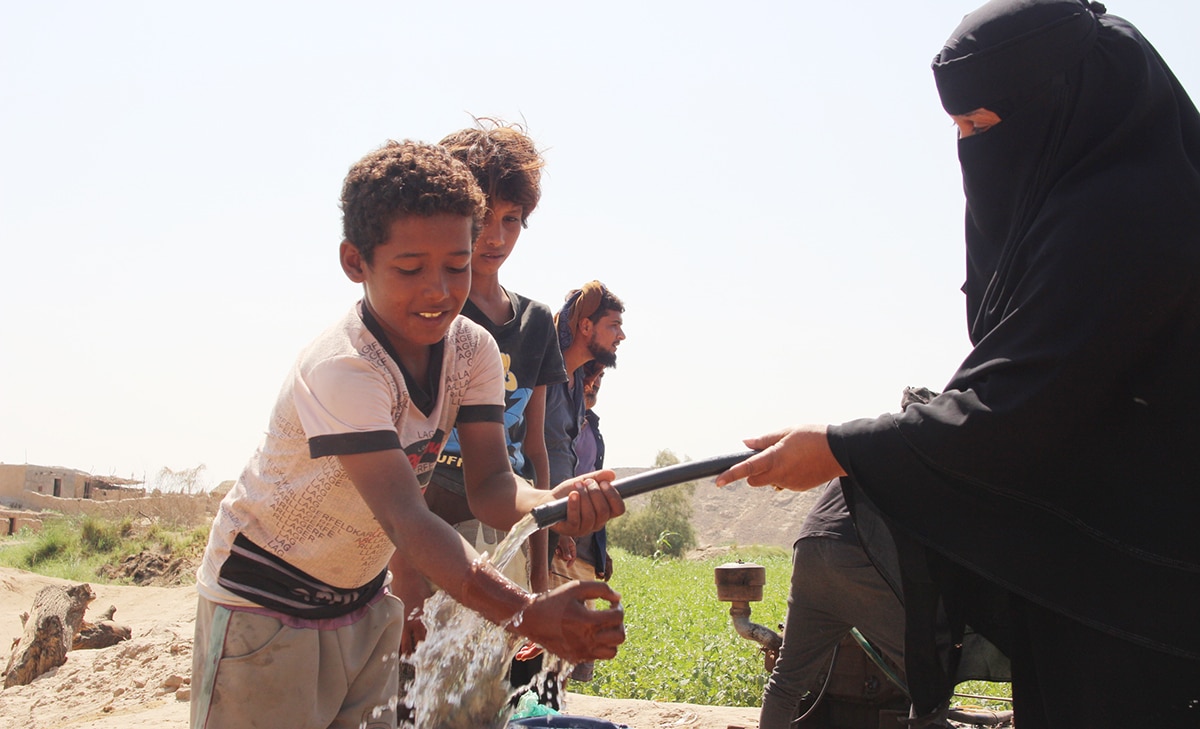
Tackling the Global Water Crisis: Solutions and Innovations
Addressing the global water crisis requires a multi-faceted approach involving governments, communities, and organizations like ours. Here are some solutions and innovations that hold promise in mitigating the water crisis:
Promoting Water Conservation and Efficiency
Encouraging water conservation practices is crucial in reducing wastage and increasing the efficiency of water use. Implementing water-saving technologies, promoting rainwater harvesting, and raising awareness about responsible water consumption can make a substantial impact.
Water conservation practices can be as simple as fixing leaky faucets and using water-efficient appliances at home. In agriculture, precision irrigation techniques, such as drip irrigation, can significantly reduce water wastage. Furthermore, adopting water-efficient industrial processes and encouraging businesses to implement sustainable water management practices can contribute to overall water conservation efforts.
Investing in Infrastructure and Water Management
Investments in water infrastructure are vital for ensuring reliable access to clean water. Upgrading aging water supply systems, improving wastewater treatment facilities, and implementing smart water management techniques can enhance efficiency, reduce losses, and improve water quality.
Governments and organizations should prioritize investments in water infrastructure, particularly in regions with inadequate water supply and sanitation facilities. By modernizing water delivery systems and implementing advanced technologies for leak detection and water treatment, communities can benefit from improved access to clean water and better sanitation.
Harnessing the Potential of Wastewater Reuse
Wastewater reuse, also known as water reclamation, involves treating and repurposing wastewater for various non-potable purposes such as agricultural irrigation and industrial processes. By adopting advanced treatment methods and implementing appropriate regulations, we can alleviate the pressure on freshwater resources and enhance water security.
Wastewater reuse has the potential to significantly reduce water demand, particularly in water-stressed regions. Treating wastewater to a high standard ensures that it can be safely used for various purposes without compromising public health or the environment. By embracing wastewater reuse as a viable option, communities can achieve both water and nutrient recycling, leading to sustainable water management practices.
Collaboration and Knowledge Sharing
Tackling the global water crisis necessitates collaboration among stakeholders. Governments, NGOs, businesses, and communities must work together to share knowledge, best practices, and resources. International partnerships can foster innovation and enable more effective solutions to combat the water crisis.
Collaboration among stakeholders is crucial for successful water management and addressing the challenges posed by the global water crisis. Sharing experiences and expertise can help identify effective strategies and replicate successful models in different regions. Furthermore, partnerships with the private sector can bring forth technological advancements and funding opportunities to support water management projects.
Our Commitment to Addressing the Global Water Crisis
As an international nonprofit organization, we are dedicated to fighting the global water crisis and promoting water security. Through our initiatives, we aim to:
- Raise awareness about the importance of clean water access and the global water crisis.
- Support communities in developing sustainable water management practices.
- Collaborate with governments, NGOs, and local stakeholders to implement innovative solutions.
- Invest in research and technology to find new ways to address water scarcity and pollution.
- Empower communities through education and capacity building to create lasting change.
- Through our collective efforts, we strive to make a meaningful impact on water security and improve the lives of millions affected by the global water crisis.
The global water crisis is a pressing issue that demands immediate attention and collective action. By understanding the gravity of the problem and exploring potential solutions, we can pave the way for a more water-secure future. Let us join hands to ensure access to clean water for all, protect the environment, and uplift communities around the world. Together, we can make a significant difference in the lives of millions of people affected by the global water crisis.
Note: Our nonprofit organization actively addresses the global water crisis through various initiatives.

